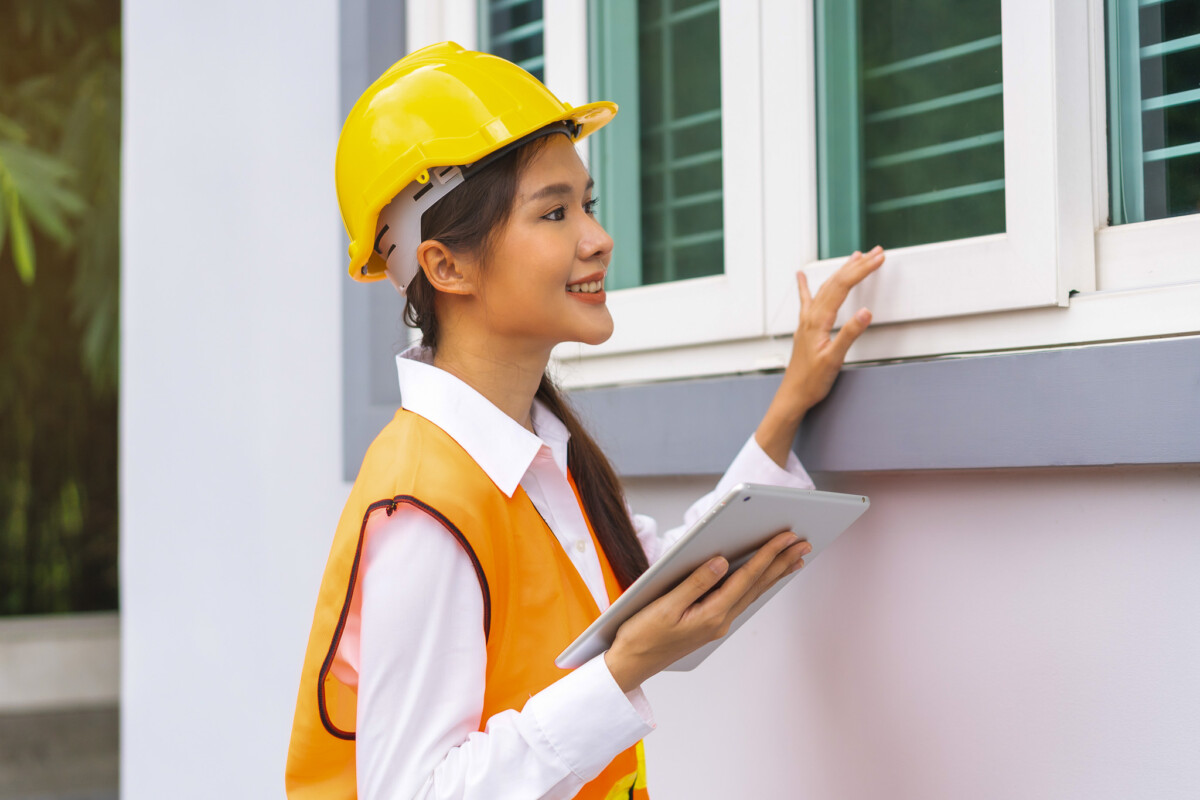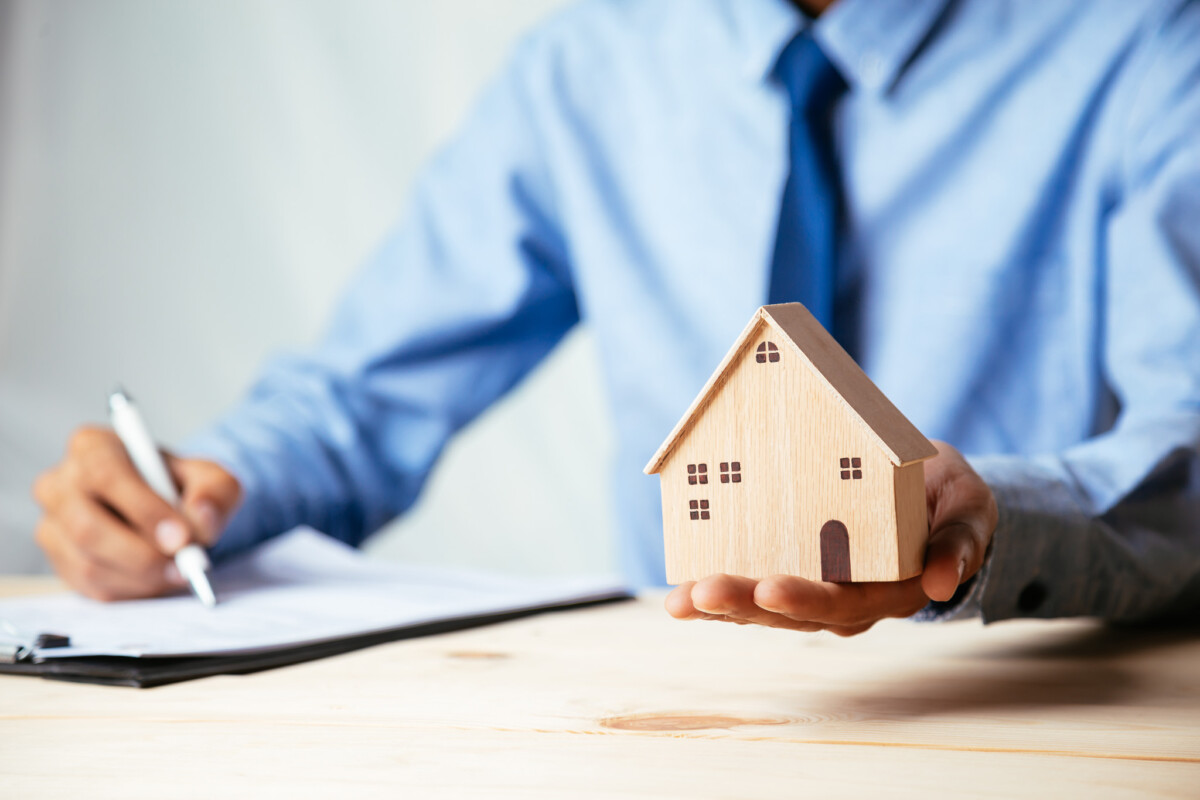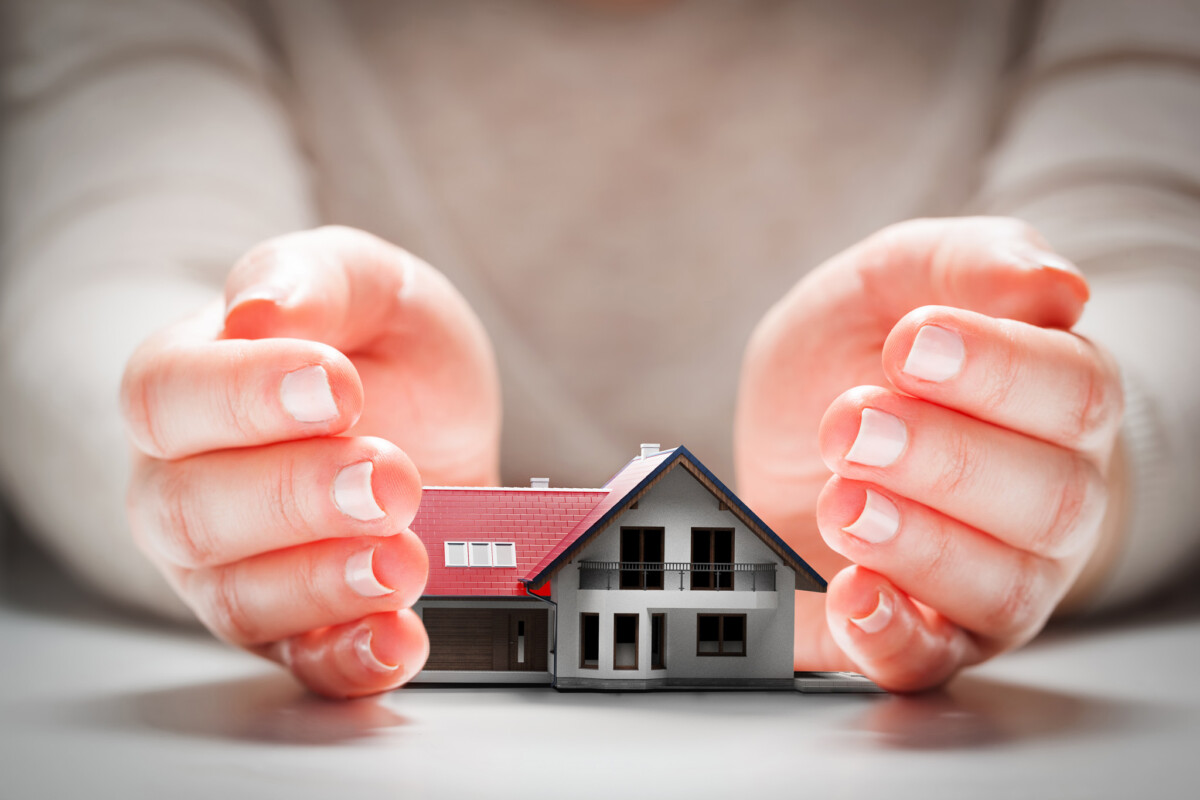Introduction
A home inspection is a crucial step in the home-buying process. It involves thoroughly assessing a property’s condition and ensuring potential buyers know about any issues before finalizing the purchase. While many homebuyers understand the importance of a home inspection, one question often arises: How much does a home inspection cost? This article will break down the factors that influence home inspection costs, provide average price ranges, and explain what’s typically included in a home inspection to help you make an informed decision.
What Is a Home Inspection?
A home inspection is a comprehensive evaluation of a property, typically performed by a licensed inspector. The inspector examines various components of the home, including the structure, electrical systems, plumbing, roofing, foundation, and more. The goal is to identify any potential issues affecting the home’s safety, functionality, or value.
The inspection findings are compiled into a detailed report, which helps the buyer determine whether to proceed with the purchase, negotiate repairs, or reconsider their offer.
What Does a Home Inspection Typically Include?
Before discussing the cost, it’s essential to understand what is typically covered in a home inspection. A standard home inspection usually involves the following:
- Exterior Evaluation
- Foundation, walls, and structural integrity
- Roof, gutters, and downspouts
- Siding and trim
- Driveways, walkways, and grading around the property
- Interior Evaluation
- Windows and doors
- Walls, ceilings, and floors
- Plumbing, including fixtures, pipes, and water heaters
- Electrical systems, such as wiring, panels, and outlets
- HVAC (heating, ventilation, and air conditioning) systems
- Insulation and ventilation
- Attic, crawl spaces, and basement
- Safety and Functionality Checks
- Smoke detectors and carbon monoxide detectors
- Fireplaces and chimneys
- Appliances, if included in the sale
- Proper operation of doors and windows
Note: A standard home inspection does not typically include specialized tests for mold, radon, termites, or asbestos. These require separate inspections and fees.
Average Home Inspection Costs
Home inspection costs can vary significantly based on several factors, such as the property’s location, size, and age. On average, home inspections in the United States typically range from $300 to $500. However, this range is not fixed, and several variables can affect the final cost.
Factors Influencing Home Inspection Costs
- Location
- Geographic location plays a significant role in the cost of a home inspection. Inspection fees tend to be higher in high-cost areas, such as cities with expensive real estate markets like New York or San Francisco. In more rural or lower-cost areas, prices may be lower.
- Size of the Property
- The larger the home, the more time it will take for the inspector to evaluate the property, and therefore, the higher the inspection cost. For example, inspecting a 2,500-square-foot house will generally cost more than inspecting a 1,200-square-foot condo.
- Condos and Townhouses: Home inspections for smaller properties like condos or townhouses may cost around $200 to $300 on the lower end of the scale.
- Single-Family Homes: A typical single-family home inspection will fall in the $300 to $500 range.
- Larger Homes: For more significant properties or luxury homes, expect the inspection cost to exceed $500 and potentially reach $1,000 or more.
- Age of the Home
- Older homes generally require more thorough inspections, as they are more likely to have wear-and-tear or outdated systems that need closer examination. Therefore, inspecting an older home can cost more than inspecting a newer property.
- Additional Services
- Radon Testing: Radon is a colorless, odorless gas that can pose serious health risks. A radon test typically costs an additional $100 to $200.
- Mold Inspection: A separate inspection will add about $200 to $600 to the overall cost if you suspect mold in the home.
- Termite or Pest Inspection: A termite inspection typically costs around $50 to $150.
- Asbestos Testing: If asbestos is suspected, especially in older homes, the cost for testing can range from $400 to $800.
- Sewer Line Inspection: This test involves using a camera to check the sewer line’s condition and can add $100 to $300 to the inspection bill.
- Type of Inspection
- Some buyers may opt for a pre-purchase inspection (before closing the deal). In contrast, others might schedule a pre-listing inspection (before putting the home on the market). The costs are generally the same, but some inspectors might offer discounts for pre-listing inspections.
Additional Costs to Consider
In some cases, a standard home inspection might uncover issues that require further investigation by specialists, which can add to the overall cost. For example, suppose the inspector suspects electrical or structural problems. In that case, you may need to hire a specialized contractor or engineer to assess the situation.
Additionally, suppose you’re purchasing a home in a competitive market. In that case, consider a pre-offer inspection, which occurs before you place an offer on the property. This type of inspection can help you make a more informed offer, but since it’s usually rushed, it can come at a higher price, sometimes over $500.
Are Home Inspections Worth the Cost?
For most buyers, the peace of mind with a home inspection is worth the cost. At the same time, it might seem like an additional expense in an already expensive process; skipping a home inspection can lead to far costlier repairs. An inspection can identify potential deal-breakers or help you negotiate a better price or repairs with the seller.
Moreover, catching issues early allows you to address them before they worsen or lead to safety hazards, potentially saving you thousands in repairs. Given that a home is often the most significant investment a person makes, a relatively small upfront inspection cost is a prudent safeguard.
Conclusion
The cost of a home inspection is a small price to pay for the valuable information and security it provides during the home-buying process. On average, expect to spend between $300 and $500. However, the price can vary based on location, size, age, and additional services required. Whether you’re buying a small condo or a large estate, a home inspection ensures that you make an informed decision about one of the most significant investments of your life. In most cases, the benefits of knowing the actual condition of a property far outweigh the inspection costs.












